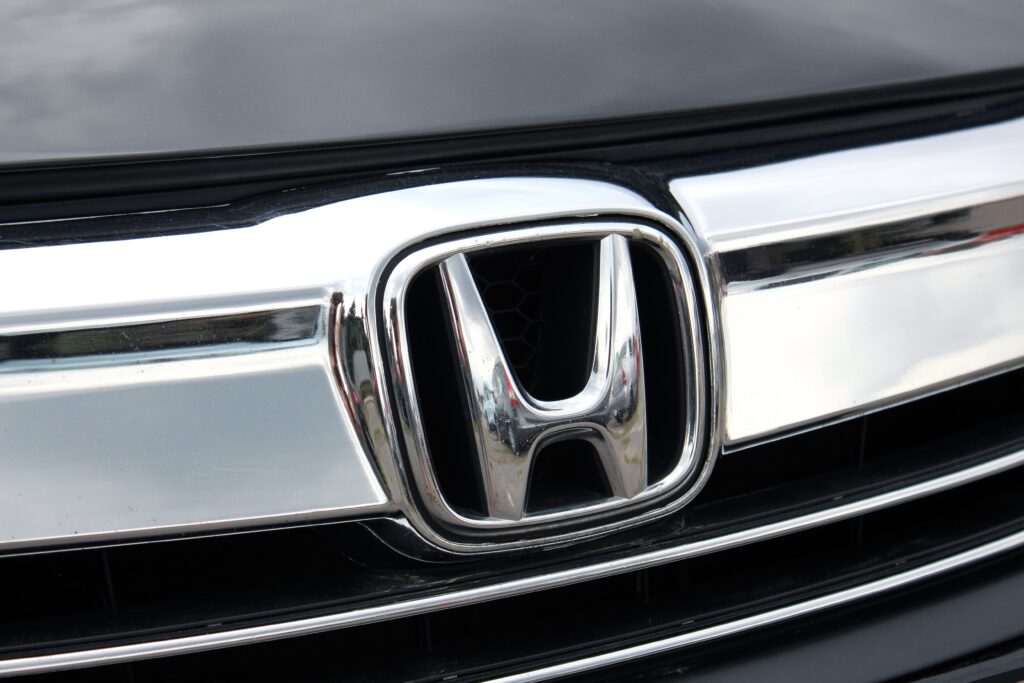Honda and Nissan, two of Japan’s biggest automakers, are in talks about a possible merger. These discussions aim to strengthen their competitiveness in the electric vehicle (EV) market. The merger talks are still in their early stages, and no agreement has been finalized.
The collaboration would help the companies address mounting competition in the EV sector, particularly from Chinese manufacturers. This potential merger comes as automakers worldwide shift from petrol and diesel cars to electric alternatives to meet growing global demand.
Strategic Partnership Focused on EV Development
In March, Honda and Nissan announced plans to explore a strategic partnership for EV development. They issued a joint statement emphasizing their aim to “leverage each other’s strengths” in future collaborations.
This partnership highlights the increasing need for automakers to innovate and transition to EVs. Honda and Nissan seek to pool their resources to compete more effectively in the rapidly growing EV market.
Japanese business newspaper Nikkei first reported the merger talks, which neither company has denied. While both automakers have refrained from confirming these reports, they pledged to update stakeholders if there are new developments.
An official announcement about the merger talks could come as early as next week, according to TBS, a Japanese TV channel. Despite these discussions, Nissan declined to comment on reports from Bloomberg that Foxconn had expressed interest in acquiring a controlling stake. Foxconn, meanwhile, did not respond to media inquiries.
Industry Challenges and Market Reactions
Honda and Nissan face significant challenges as Chinese EV manufacturers expand rapidly and dominate global sales. The two automakers have also experienced declining market share in China, which accounts for nearly 70% of global EV sales.
Nissan’s existing alliance with Renault could complicate any merger negotiations. Additionally, political scrutiny in Japan may arise, particularly regarding potential job cuts. However, Honda and Nissan have recently strengthened their collaboration. In August, the two companies agreed to work together on battery development and other technologies.
They also launched a joint initiative with Mitsubishi Motors to explore shared opportunities in electrification and intelligent vehicle systems. Mitsubishi could eventually join the potential Honda-Nissan partnership. As Mitsubishi’s largest shareholder, Nissan would play a key role in this expansion.
Stock market reactions to the merger talks have been mixed. Nissan’s shares surged by over 23% in Tokyo, reflecting investor optimism about the collaboration. Meanwhile, Honda’s shares dipped by about 3%, and Mitsubishi’s shares rose by nearly 20%.
Analysts Question the Merger’s Impact
The automotive industry continues to grapple with intensifying competition from Chinese EV makers, such as BYD and Tesla. BYD recently surpassed Tesla in quarterly revenues for the first time, signaling a shift in market leadership.
While some market analysts view the potential merger as a strategic move, others remain skeptical. Jesper Koll of Monex Group questioned whether the collaboration would improve global competitiveness. “Is this just rearranging deck chairs on the Titanic?” he asked.
Jessica Caldwell, an analyst from Edmunds, believes collaboration is essential in today’s automotive landscape. “The idea that smaller players can survive alone is growing less realistic,” she noted.
The Honda-Nissan merger, if finalized, could help the companies compete in a challenging global market. Whether this partnership leads to stronger competitiveness or falls short of expectations remains uncertain.


